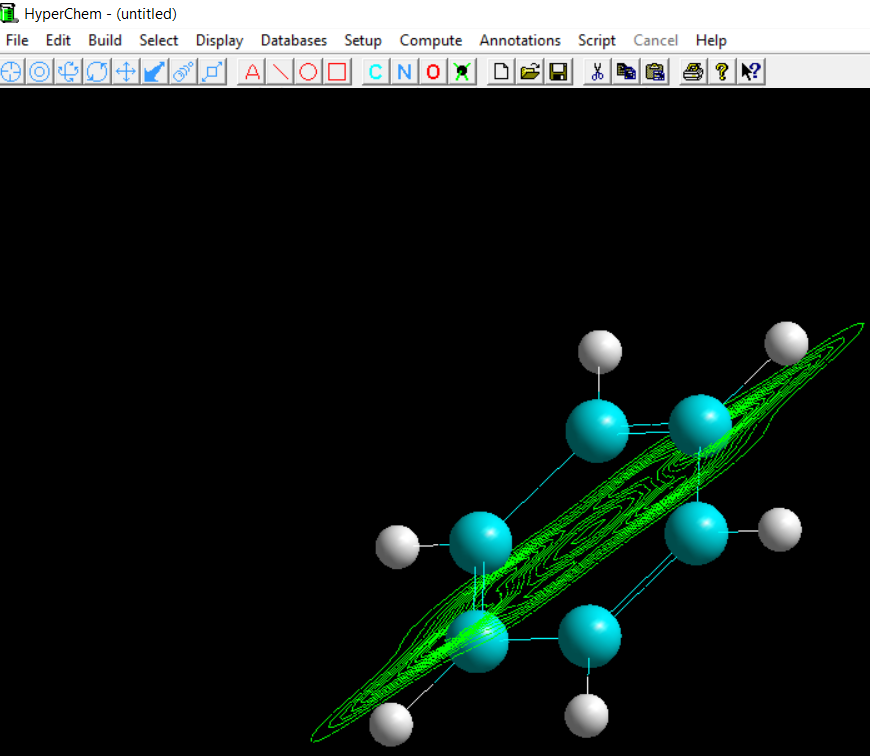Separation processes: Extraction, distillation, absorption

Separation processes are some of the most important processes in the chemical, manufacturing and oil and gas industries. Efficient separation leads to high value end products [purity, energy efficient] and lower energy consumption and emissions for the industry. The most important of these processes include extraction, adsorption, absorption and distillations. This course provides details of the scientific principles, design of columns, operation and simulation for the above approaches. Recent advances are breakthroughs are discussed in detail. This course is delivered in person to different venues across Europe [and other selected regions] with a duration of 5 to 7 CPD days AND as a webinar with a duration of 15-20 hours of live training.
In this program you will:
· Understand the scientific principles for each of the processes presented
· Understand the fields of application of each approach
· Understand the design, operation and simulation for each approach
· Get acquainted with simulation principles in each approach [Computational Chemistry – HyperChem, and Process Simulation – ASPEN/ DWSIM]
· Discuss limitations of each approach
· Focus on extractive distillation media and design
· Discuss recent advances and breakthroughs in these scientific fields
Contents:
Day 1
· Introduction to separation processes
· Chemical properties of interest
· Physical properties of interest
· Micro to macro level separations
· Separation importance and economics
· Case studies
· Simulation tools: from computational chemistry to CFD and Process simulation
· Importance of simulation stages
· Levels of simulation
Day 2
· Adsorption and Absorption
· Interaction energies
· Physical vs Chemical adsorption
· Porous adsorbents
· Types of adsorbents
· Adsorption and absorption columns
· Absorbents
· Liquid Amines and ionic Liquids
· Separation from multi component mixtures
· Efficiency of adsorption and absorption
· Reversibility
· Kinetics and Thermodynamics
· Case studies
· Simulation examples
Day 3
· Distillation
· Principles and equations
· Energy consumption
· McCabe Thiele and empirical equations
· Design and Optimization
· Case studies
· Thermodynamics and limitations
· Novel approaches
· Types of combined distillation [multi step, extractive, adsorptive, reactive]
· Simulation of Distillation
Day 4
· Extraction
· Liquid - Liquid extraction principles
· Dispersions and colloids
· Known [classical] vs Novel extraction liquids
· Ionic Liquids case
· Efficiency and energy requirements
· Column design
· Interface extraction
· Advances and breakthroughs
· Specific cases
· Simulation of extraction: Computational Chemistry and Process Simulation examples
· Limitations
· Operation and Design
Day 5
· Comparative studies of liquid-liquid extraction vs distillation
· Comparative studies of liquid-liquid extraction vs adsorption
· Comparative studies of liquid-liquid extraction vs absorption
· Comparative studies of liquid-liquid extraction vs extraction
Day 6
· Economics
· Troubleshooting
· Operational stability
· Steady state
· Control
· Simulation examples of separation processes
Day 7
· Thermodynamic principles
· Energy and Exergy analysis in industrial processes / separations
· Optimization function
· Sizing and devices
· Simulation examples of separation processes
Who Should attend?
Chemists, Chemical Engineers, Industrial engineers of any level of experience since the delivery approach can fit their needs. Scientists with interest in any separation technology or/ and in simulation approaches. The level of the examples and exercises can be adjusted in order to meet the experience and requirements of the participants.
